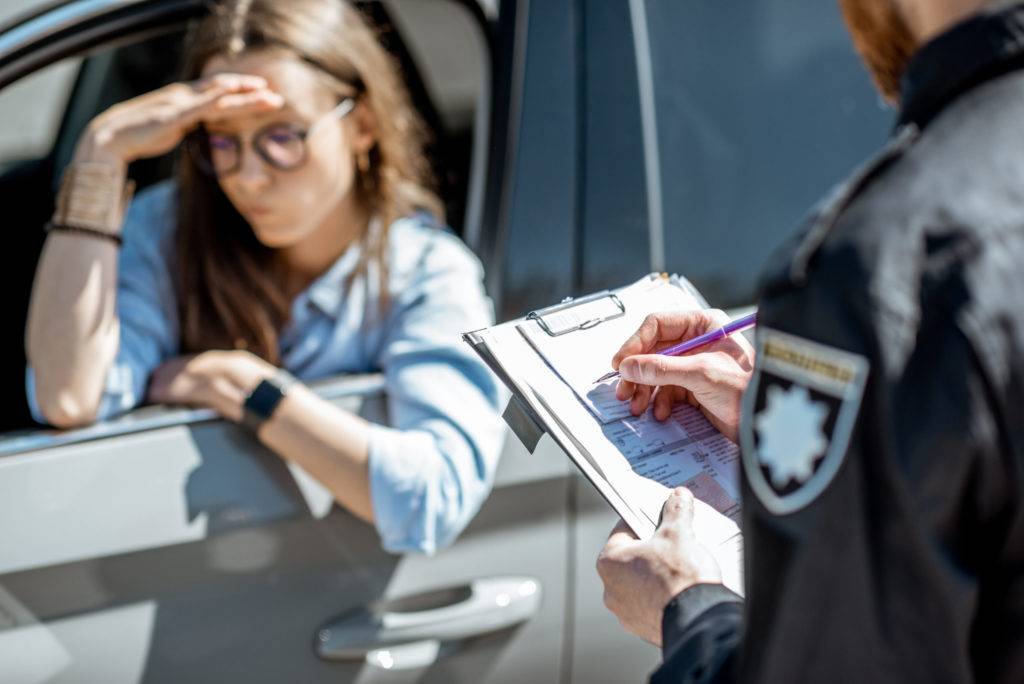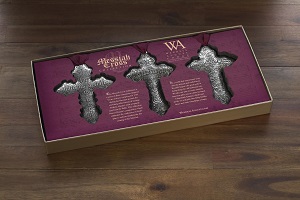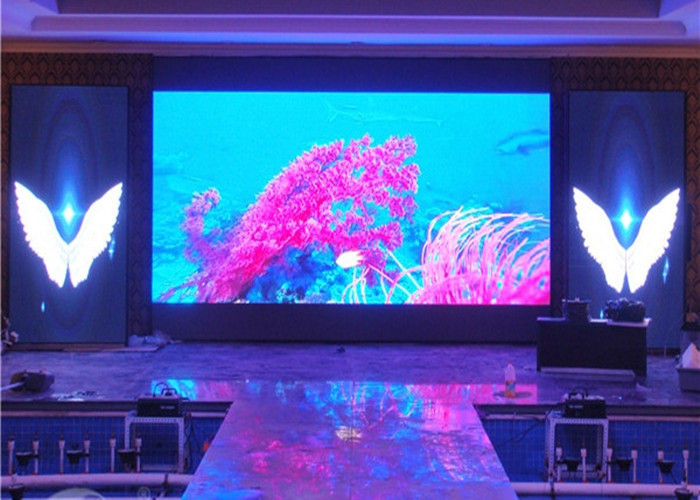Did you know that millions of traffic citations are issued each year, yet a significant number may contain errors that can be challenged?
That’s right, successfully contesting a speeding ticket isn’t just the stuff of urban legends. With the expertise of speeding offence solicitors and the power of advanced technology, traffic citations are being challenged more effectively than ever.
From faulty radar calibration to inaccurate GPS data, cutting-edge tools are giving savvy lawyers the upper hand in courtroom disputes. This blog explores the fascinating intersection of legal expertise and tech innovation, showing how technology is revolutionising the defence against traffic citations.
Whether you’re a frequent driver concerned about future penalties or someone facing a speeding ticket you want to contest, read on to discover how tech can play a crucial role in your defence.
The Role of Technology in Traffic Citation Defence
Gone are the days when fighting a speeding ticket relied solely on a driver’s testimony or an officer’s word. The digital era has brought with it a host of technologies that can challenge long-standing assumptions about the accuracy and fairness of traffic citations.
Speeding offence lawyers leverage these tools to pinpoint discrepancies, ensure procedural accuracy, and find flaws in evidence presented by law enforcement. From minor errors in speed measurement equipment to outright procedural oversights, technology ensures that every detail is scrutinised.
Typical areas of challenge include:
- Faulty speed detection equipment
- Discrepancies in location and time records
- Misinterpretations of the traffic situation
These errors might seem small, but in your defence, they can make all the difference.
Tools and Technologies Used by Speeding Offence Lawyers
Speeding offence solicitors have a growing arsenal of tech tools to challenge citations effectively. Here are some of the most common ones.
1. Radar Calibration Records
How it works: The majority of speeding citations are based on radar gun readings, which rely on precise calibration to measure vehicle speeds accurately. However, if these devices aren’t calibrated regularly, their readings may become unreliable.
Legal use: Speeding offence lawyers can request calibration records to verify whether the radar gun was maintained and tested according to the manufacturer’s guidelines. If discrepancies are found, the accuracy of the evidence presented comes into question.
Case study: A recent case saw a speeding ticket overturned when lawyers discovered the radar gun in use hadn’t been calibrated for over a year—well beyond the recommended timeframe.
2. GPS Data
How it works: Many drivers unknowingly carry valuable evidence in their vehicles. GPS trackers, whether standalone devices or embedded in apps, can provide precise data about a vehicle’s speed and location.
Legal use: Lawyers can use GPS data to confirm that the actual speed of a vehicle differed from what law enforcement recorded. Additionally, they can use it to challenge the time or location specified in the citation.
Example: Imagine being fined for speeding at an intersection you hadn’t yet reached. GPS data showing your actual location and speed can dismantle the prosecution’s evidence.
3. Dashcam Footage
How it works: Dashcams are becoming essential for modern drivers, recording real-time footage of roads, traffic conditions, and incidents.
Legal use: Dashcam evidence can challenge officer observations, demonstrate traffic conditions, and even refute claims of erratic driving. The visual evidence often provides context that raw numbers or officer reports cannot capture.
Case study: Recently, a driver was accused of running a red light at high speed. However, dashcam footage proved the driver slowed for a yellow light and crossed the intersection legally—resulting in dismissed charges.
Benefits of Using Technology in Legal Defence
The adoption of tech tools offers several undeniable advantages to those challenging traffic citations.
1. Accuracy and Objectivity
Technology provides hard data that’s difficult to dispute. Unlike human observations, which may be prone to error or bias, radar readings, GPS data, and video evidence offer objective proof.
2. Greater Transparency
Using technology ensures accountability. Both the driver and law enforcement are held to the same standard of scrutiny, exposing errors and preventing misuse of equipment or procedural oversights.
3. Improved Success Rates
Because tech-based evidence is concrete and factual, incorporating it into legal defences significantly increases the chances of a favourable outcome.
4. Cost-Effectiveness in the Long Term
While the process of gathering or interpreting tech data may have an upfront cost, avoiding hefty fines, points on your licence or insurance premium hikes make it a worthwhile investment.
Challenges and Limitations
While technology is an invaluable tool, using it in legal defences isn’t without its hurdles.
- Access to Data: Obtaining some forms of evidence, like radar calibration records, often involves bureaucratic challenges or court orders.
- Complexity of Interpretation: Raw data from GPS logs or dashcams may require expert analysis to be presented effectively in court.
- Legal Constraints: Some courts may limit the admissibility of certain types of tech evidence, requiring experienced solicitors to argue its relevance.
These challenges only highlight the importance of hiring lawyers proficient in both traffic law and technology.
How to Choose a Tech-Savvy Lawyer
Looking for a lawyer who can effectively use technology to help challenge speeding tickets? Keep these key traits in mind.
- Specialisation in Traffic Law: Ensure the solicitor focuses on speeding offences and similar cases.
- Proficiency with Tech-Based Evidence: Ask how they’ve successfully used tools like GPS data or dashcam footage in past cases.
- Relevant Questions: Don’t hesitate to ask, “How do you use tech in traffic defences?” or “What’s your process for obtaining evidence like radar records?”
A good speeding offence lawyer will be happy to walk you through their approach, showcasing both expertise and transparency.
Thinking Beyond a Ticket
Whether you’re dealing with your first traffic citation or battling multiple offences, the partnership of skilled lawyers and technology can tilt the odds in your favour. By scrutinising every radar reading, GPS entry, and dashcam recording, you can challenge inaccuracies and unfair citations with confidence.
If you’re looking for expert guidance, contacting a tech-savvy speeding offence solicitor is the first step to ensuring your case is handled thoroughly and effectively.
Need help? Don’t settle for the ordinary when you can work with extraordinary experts in traffic law.


